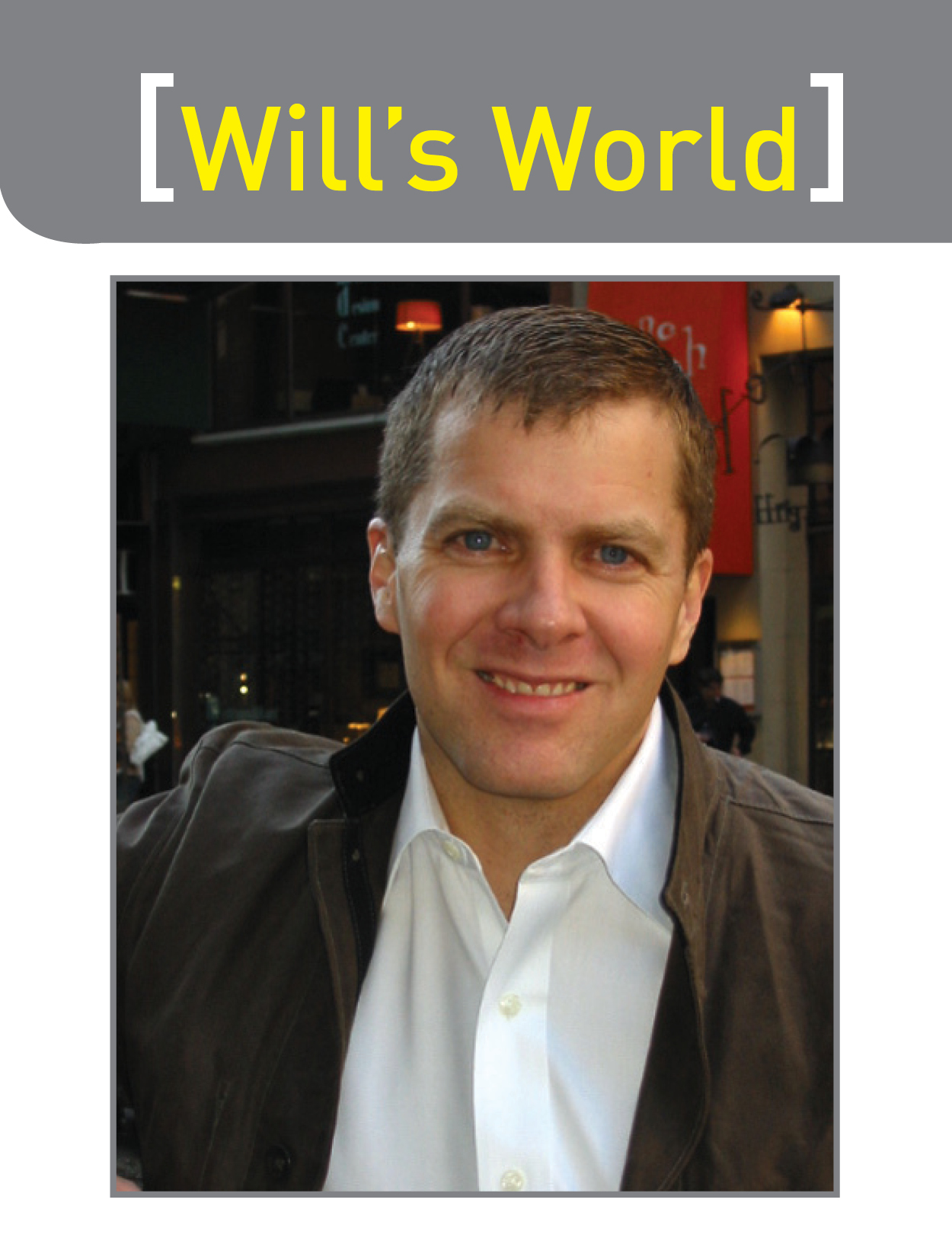By Will Carlin
In May of 2009, a Google engineer named Matt Cutts sat at his desk and had an inspiration. By itself, this wasn’t odd; after all, Cutts was a specialist in explaining the nuances of Google’s search engine to webmasters around the world. But this one was different.
For some time, Cutts had been feeling like he was “stuck in a rut” and wasn’t sure why. As someone who loved challenges—intellectual puzzles most of all—he suddenly thought of a way to test himself in a different way. Having recently read that it takes about thirty days to incorporate a new habit (or get rid of one), Cutts decided to give himself what he called a thirty-day Challenge. The first one would be simple; he decided to walk 10,000 steps every day for a month.
A little more than month later, he had done it. “I didn’t walk 10,000 steps every day, but I did keep at it until I’d walked over 10,000 steps for at least 30 days.”
Cutts had found a way to change his life. He started doing 30-day challenges every month. “I noticed—as I started to do more and harder challenges—that my self-confidence grew. I went from a desk-dwelling computer nerd to the kind of guy who bikes to work…for fun.”
Four years later, Cutts has written a novel in thirty days (1,667 words a day), followed a vegan diet, learned to play the ukulele, gone without sugar, taken a picture every day, and undergone a thirty-day technological detox, abstaining from reading news online or checking emails after 9pm. “Instead of the months flying by forgotten, the time was much more memorable.”
Nick Matthew can relate; he just had the most memorable month of his life. You would be forgiven if you didn’t see it coming.
The first half of the year was dominated by Ramy Ashour, who won every tournament he entered until he re-injured a nagging hamstring. Indeed, he had a fifty-three-match winning streak that stretched back to May of 2012. The only person who seemed capable of challenging him during this stretch was Gregory Gaultier who twice took Ramy to five games. And when Ramy wasn’t around, Gaultier seemed to own everyone else. Including Matthew.
In fact, at the U.S. Open in October (Ashour didn’t play), Gaultier beat Matthew in the final 3-0 (which was nothing to be ashamed of since Gaultier won the title without losing a game to anyone). Matthew seemed to take it in stride, as he tweeted shortly after: “Sometimes you have to hold your hands up and say that despite giving it everything you were beaten by the better player.”
So when the World Championships rounded into its final stages less than three weeks later, many people thought that an Ashour-Gaultier final seemed almost pre-destined, despite the presence of Matthew and Mohamed Elshorbagy in the semifinals.
That’s when the Month of Matthew began. Ramy had beaten Nick eight out of the last nine times they had played, and he hadn’t lost in over a year. After dropping the first game to Ashour 11-6, Matthew cruised through the second in six minutes. When Ramy returned to the court, he looked demoralized; his injury-prone body had betrayed him, and he offered his hand early in the third game of a match that promised much.
With that Saturday night handshake, Matthew’s attempt to win a third world title in four years was given a dramatic, if fortunate, lift. His opponent in the finals would be the white-hot Gaultier who had taken out Elshorbagy in four games.
The final was a doozy.
Using the energy of the 1,500 partisan spectators inside Manchester Central, Matthew played brilliantly in the 111-minute thriller 11-9, 11-9, 11-13, 7-11, 11-2. It was the third time he had lifted the world trophy in four years, joining an elite quartet of triple title holders: Geoff Hunt, Jahangir and Jansher Khan and Amr Shabana.



